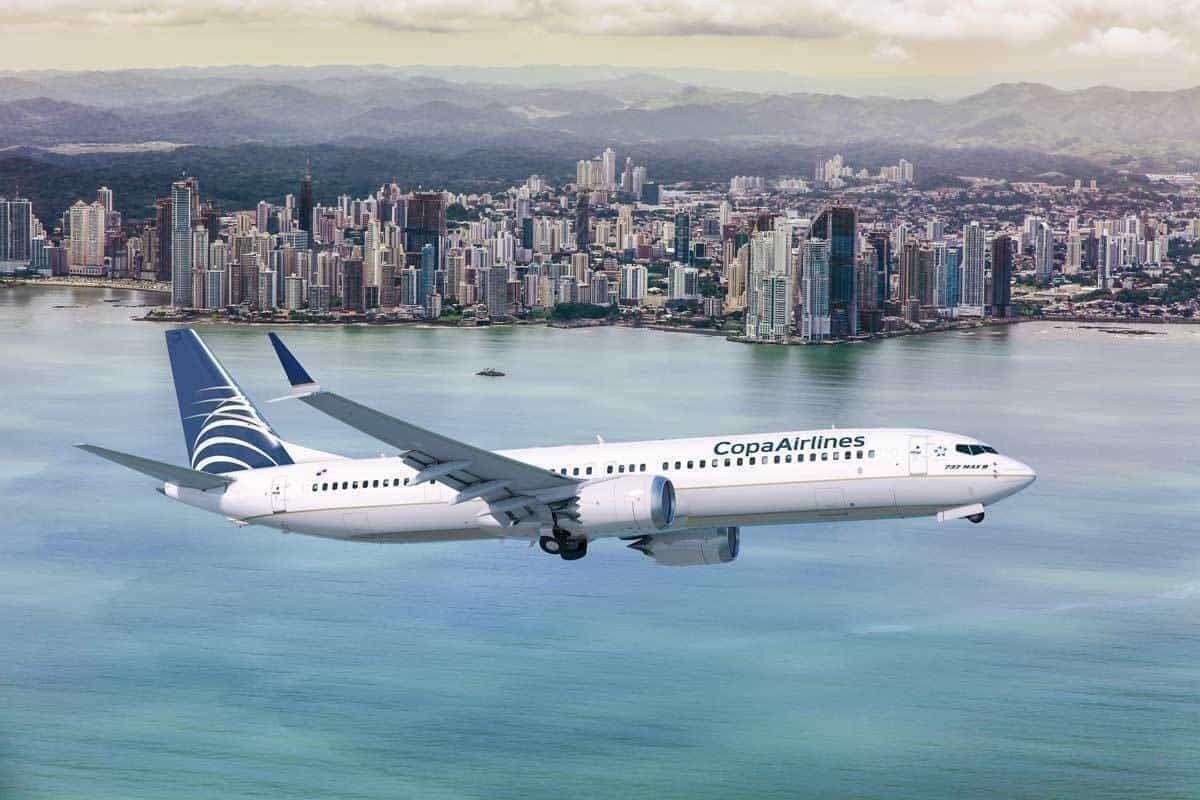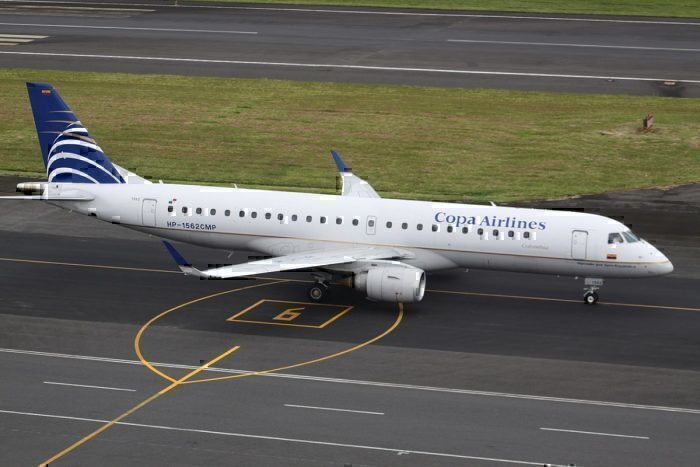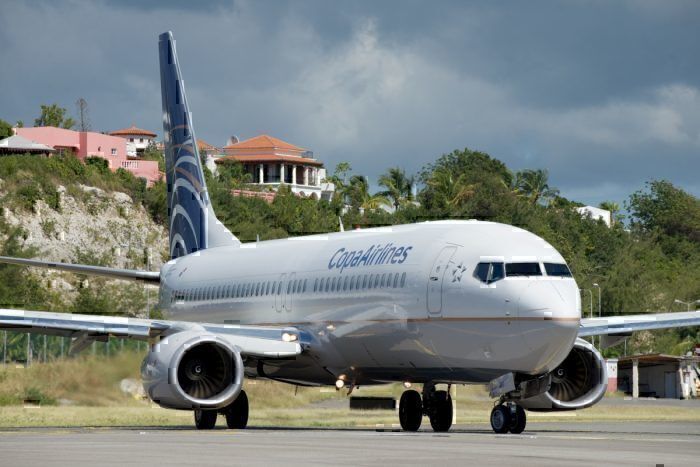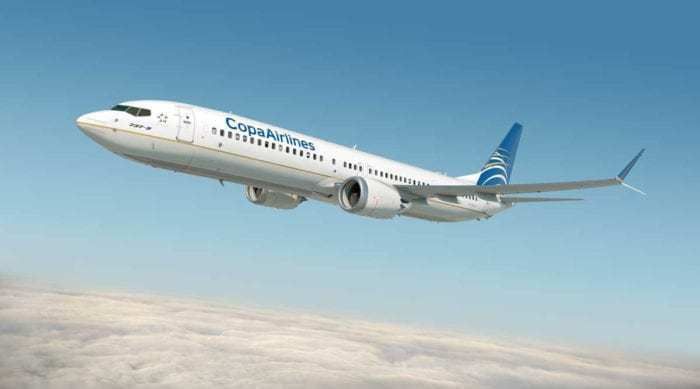Reporting on the results of its third quarter, Panama-based Copa Holdings discussed its financial situation as well as the future of its fleet. Copa Holdings is the parent company of more than just Copa Airlines. It also operates Copa Airlines Colombia and also Bogota-based LCC Wingo. During its earnings call, CEO Pedro Heilbron discussed his airline's fleet - including the 737 MAX situation as well as his Embraer aircraft.
"[Copa hopes to realize] significant cost and revenue benefits from operating a single-Boeing fleet...While we will most likely end up taking a significant number of MAX aircraft next year, most of them will be used to replace the outgoing 100-seat Embraer aircraft,” -Pedro Heilbron, CEO of Copa Holdings as reported in Air Transport World.
In fact, before the 737 MAX grounding, Copa was to receive seven more MAX 9s by the end of 2019. This would make a total of 13 of the type in its fleet. However, the company has removed the MAX from its schedule through to February 2020.
As for its 15-strong Embraer E190 fleet, Copa plans to remove them from service over the next 18 months. This is a full three years earlier than originally planned. The company is set on shifting to an all-Boeing 737 fleet to maximize its efficiency.
Efficiency gains
Air Transport World also reports that analyst Helane Becker believes that the post-transition fleet should be "easier to manage and more efficient and should generate cash flow benefits of $30 million per year". Becker expects higher costs in the next six months due to maintenance, training and aircraft modifications related to the fleet change. However, she predicts that Copa is due to realize efficiency gains from the switch halfway through the year.
Currently, Copa has 103 aircraft in its consolidated fleet. This includes 68 Boeing 737-800s, 14 737-700s, and six 737 MAX 9s. For its outgoing Embraer aircraft, it has 15 E190s as stated above. New deliveries of its on-order 737 MAX jets are on hold until the worldwide grounding is lifted.
Efficiency mixed with controversy
Of course, after Copa's E190s leave the fleet, problems may still remain for Copa's 737s. In fact, even without the MAX controversy, the other 737s might just be susceptible to "pickle fork cracks" that have made the news recently. The cracks have been reported as appearing on 737 NG aircraft, which includes the 737-600, -700, -800, and -900 variants. As mentioned above, Copa has 68 Boeing 737-800s and 14 737-700s.
The problem was once thought to only occur on older and more heavily used aircraft. However, Indonesian airline Lion Air has found structural cracks in two of its Boeing 737 aircraft. These jets have flown fewer cycles than the FAA threshold for safety checks. Could Copa face the same issue a few years or even months down the road? It will just have to keep a close eye on its fleet.
Conclusion
Obviously, having a fleet of only one model allows for big gains in operating efficiency. Every mechanic, every flight attendant, and every pilot in the company can be shuffled around with far less complication. However, having a diverse fleet might just prevent the total grounding of an airline if a common flaw is found. This has been very relevant and apparent with 737 fleets all around the world in recent months.
Do you think Copa is being overly optimistic in going with an all Boeing 737 fleet? Let us know in the comments!
We contacted Copa for comment but have not yet had a response from them.




